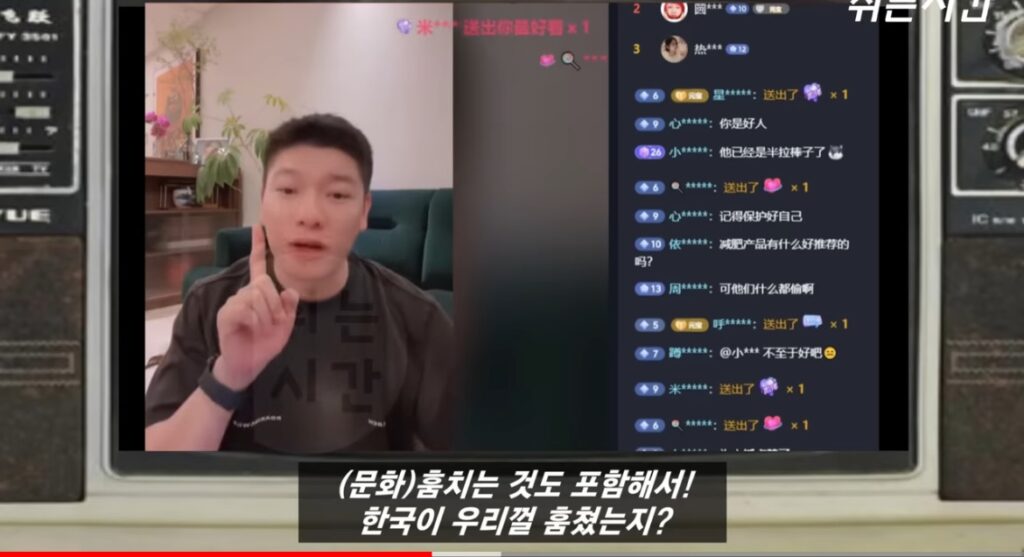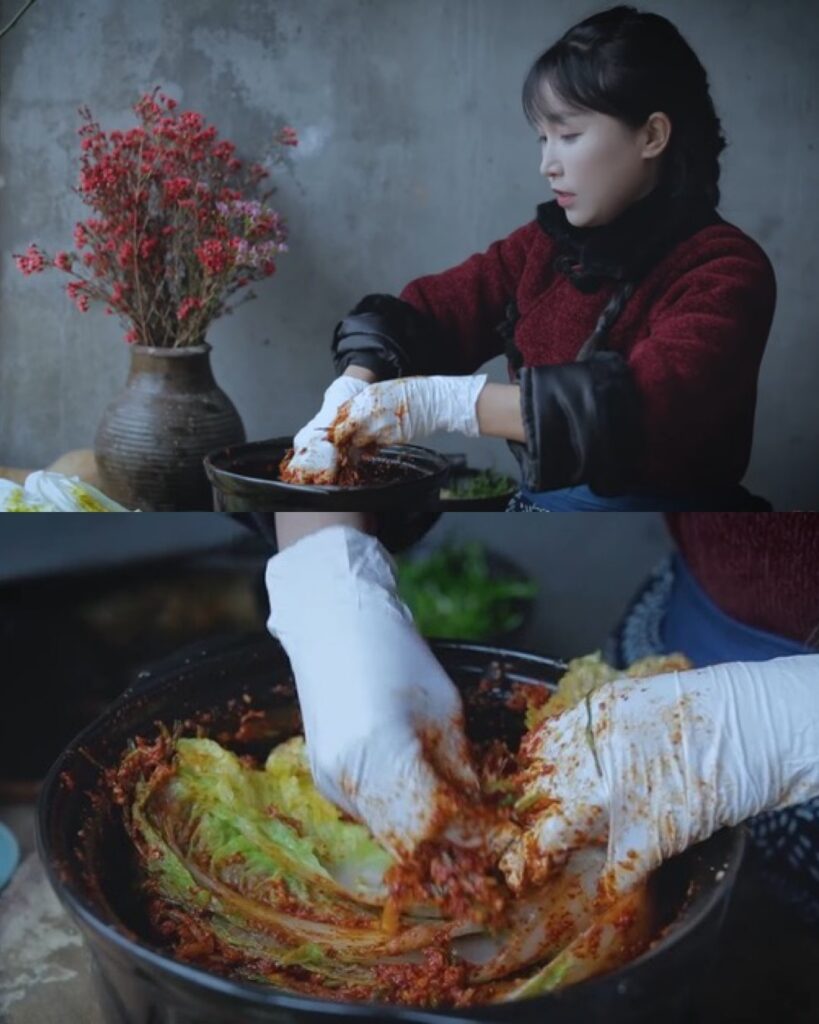
China and Korea have long been linked, and there have been several disputes over the subject matter through identity, culture, and food. Zhang Yuan, a Chinese broadcaster familiar to domestic viewers with his appearance on the entertainment program “Non-Summit” (JTBC), made a historical distortion claim that “Korea stole Chinese culture.” Zhang Yuan’s anti-Korean remarks were highlighted on the 24th when he introduced Zhang Yuan’s recently broadcast TikTok on “Breaktime,” a YouTube channel that introduces news on China. In the video, Zhang Yuan said, “I will visit Korea soon,” and “I will also ask about Koreans stealing Chinese culture.” He said, “I will do street interviews because I want to know what Koreans think about stealing Chinese culture.” Regarding Chinese factors such as Danojeol, Confucius, Chinese characters, and Chinese temples, he said, “I will ask if I think all of this is Korean.” “I will wear emperor clothes during the Ming or Song Dynasty and go to the Korean palace to look around,” he said. “I will go to the main streets and palaces to show the beauty of Chinese men’s clothing as if I were on the subway or out of a temple.” Recently, Chinese netizens said that the music video of the girl group’s new song “Stealing Chinese” reminds people of the Man River. He raised a conspiracy theory, saying that the release date of the teaser and the date of the concert are related to China’s painful history. Zhang Yuan also claimed that “a significant number of ancestors are Chinese if they reach the age of 3 or 4 after catching and checking someone in Korea.” “I don’t hate Korea. There are many positive emotions,” Zhang said. “There are definitely negative aspects (of Korea). I will show you my true Korea from a neutral standpoint.” Recently, cases of history distortion have occurred frequently among Chinese.

Li Zqi, a YouTuber with 17.7 million subscribers, posted a video of him making kimchi and added the hashtag “#ChineseFood,” which earned public anger. A famous YouTuber posted a video titled “Hanbok was influenced by Hanfu. Hate remarks cannot change history,” sparking controversy. Sungshin Women’s University professor Seo Kyung-duk, a Korean public relations expert, said on Facebook on the 27th, “More and more Chinese YouTubers and TikTok users are demanding that Korean culture be their own culture.”
“These things happen because Chinese people’s sense of inferiority is getting worse as Korean culture attracts the attention of people around the world,” he said. “Their twisted Chinese thoughts will only worsen bilateral relations, so we have to be careful.”
SOPHIA KIM
US ASIA JOURNAL



